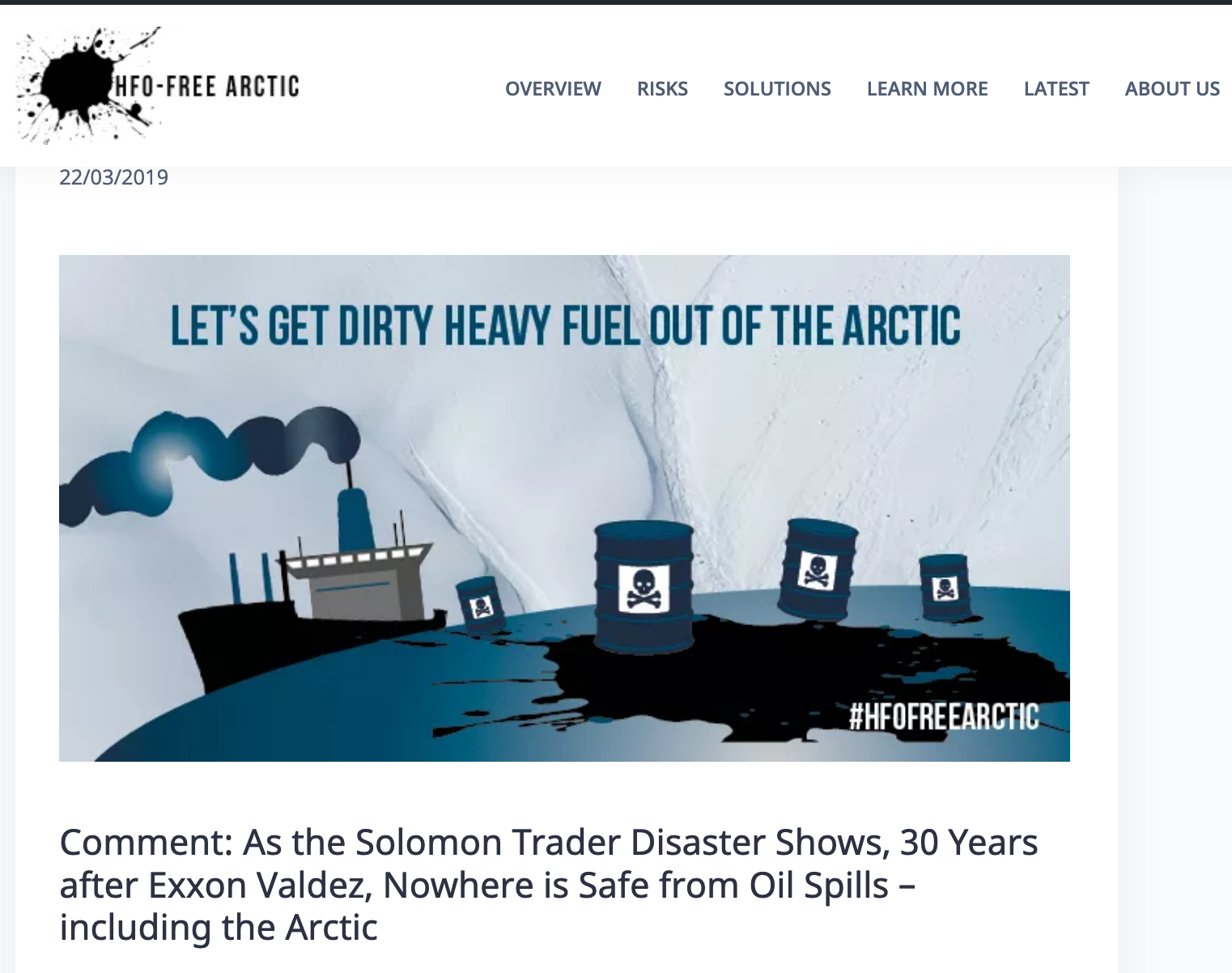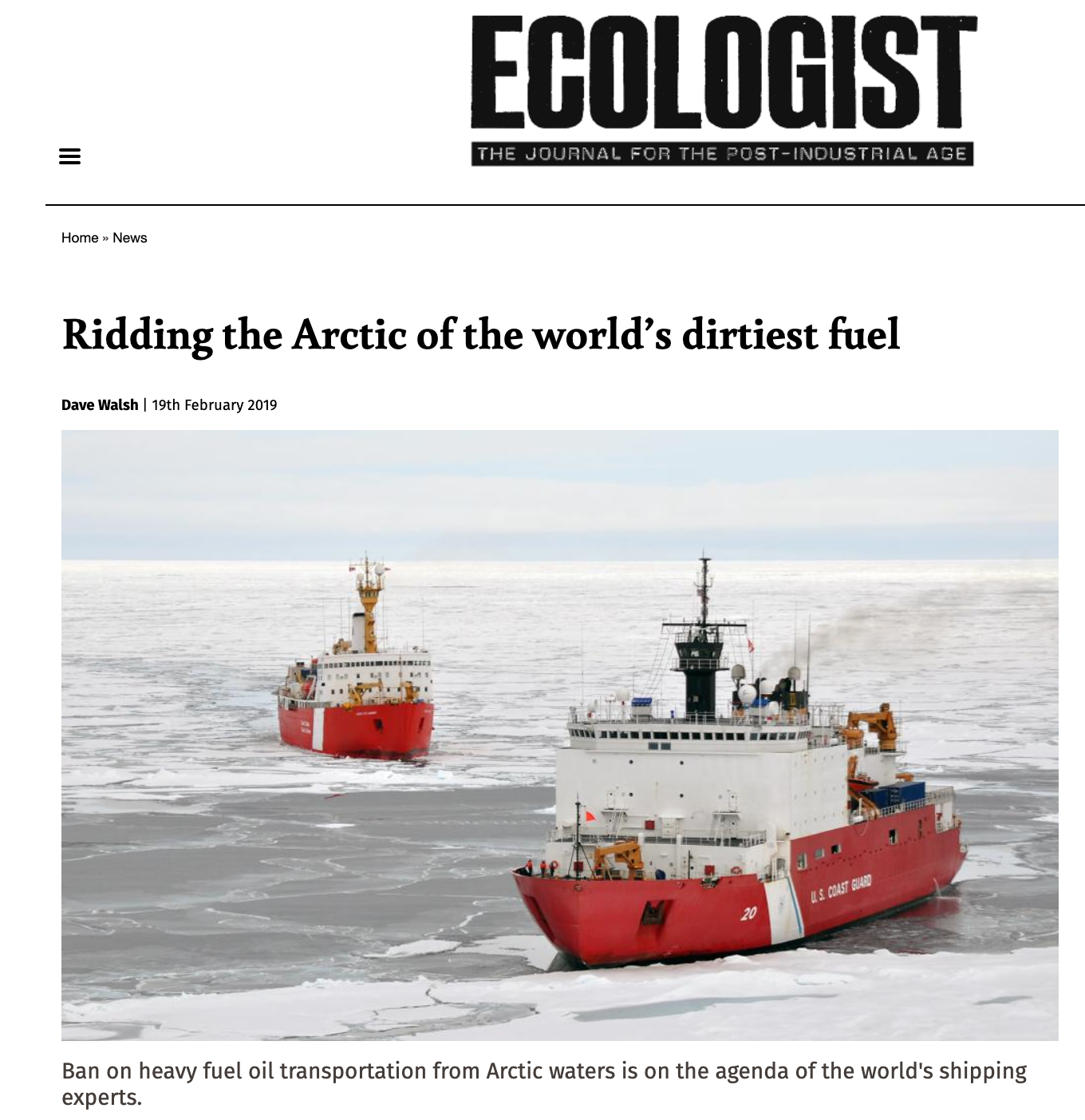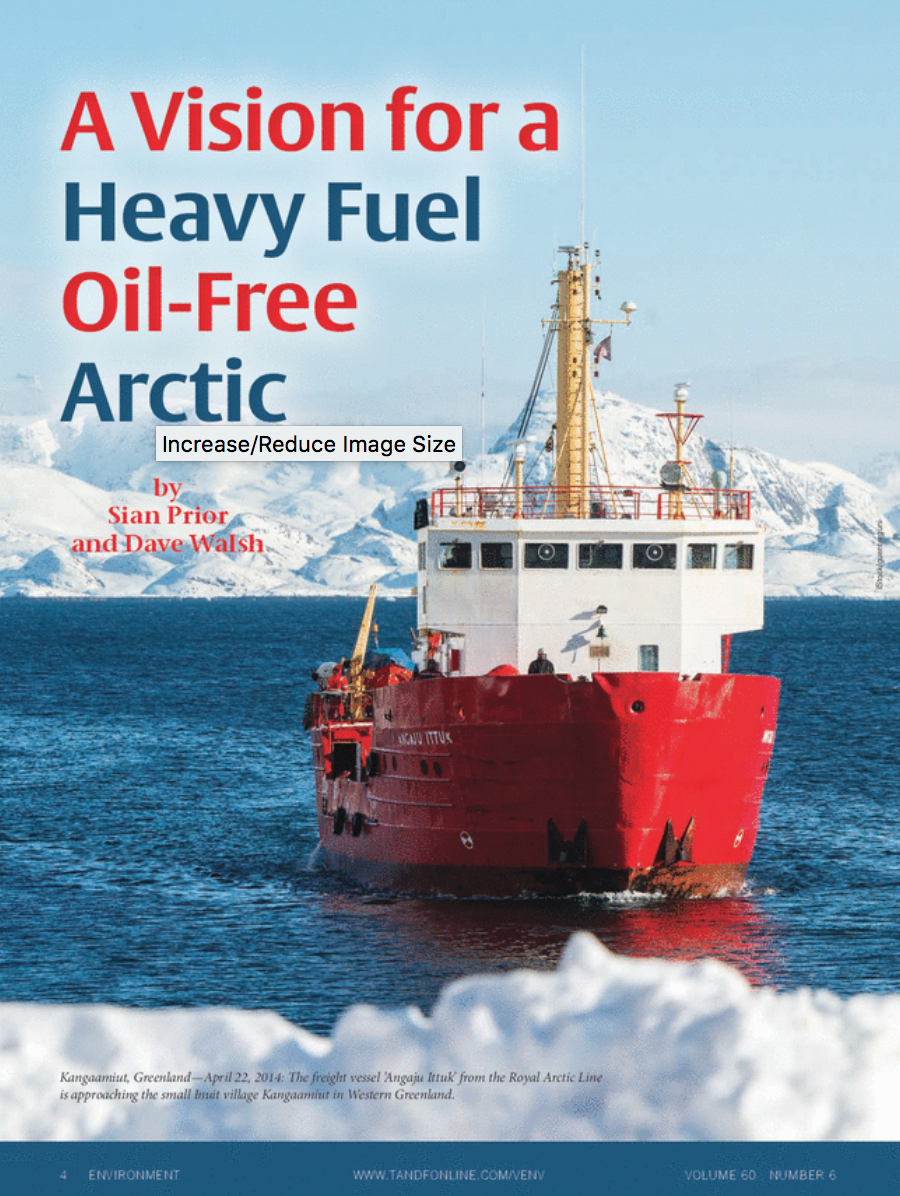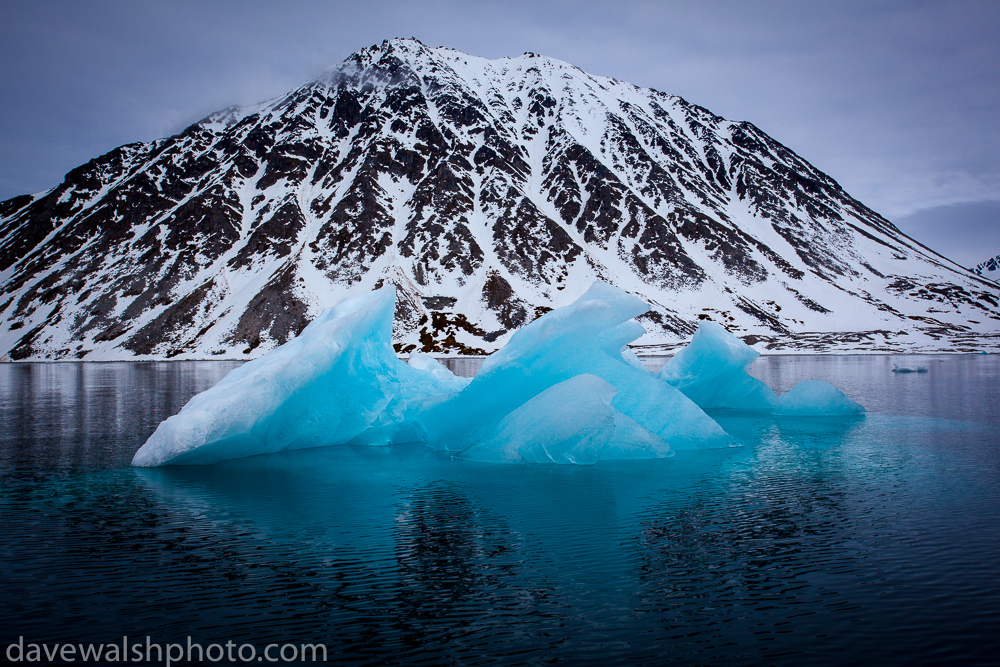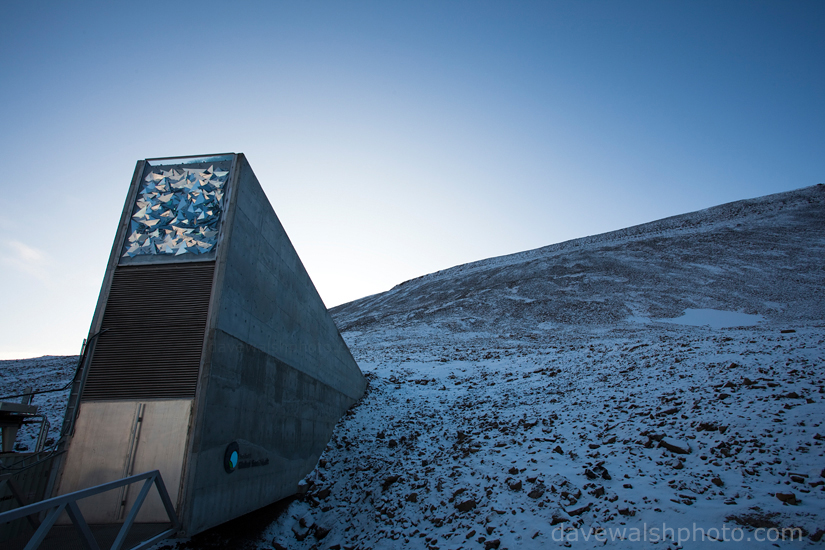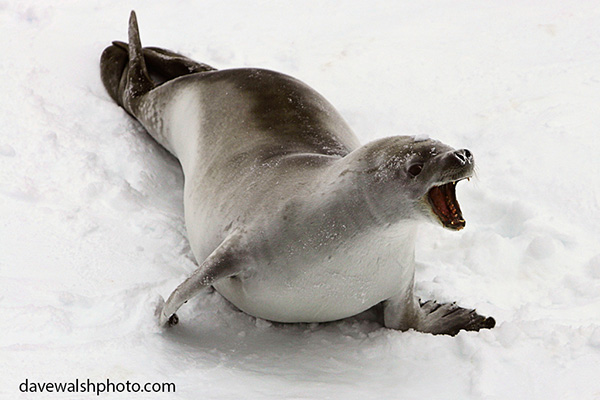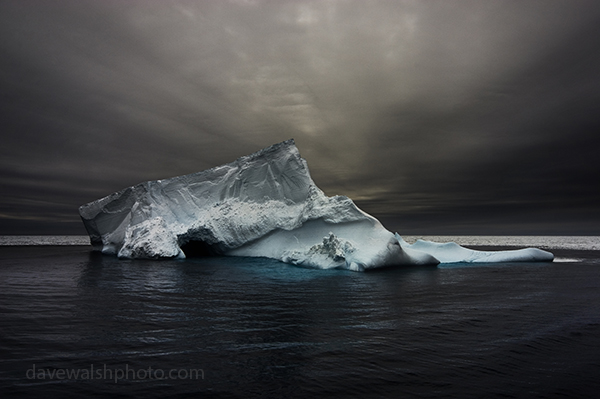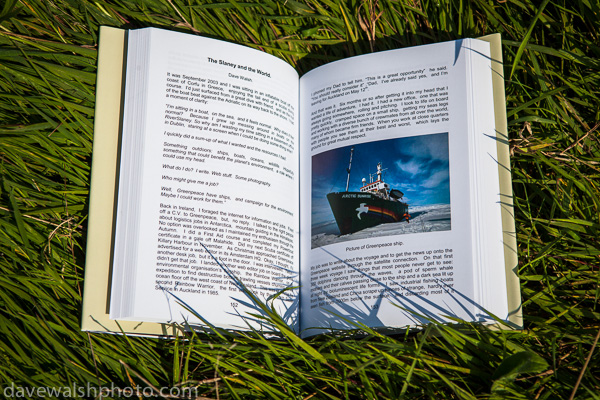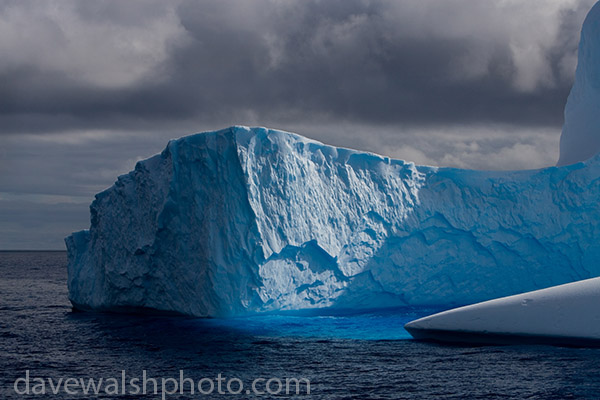As the Solomon Trader Disaster Shows, 30 Years after Exxon Valdez, Nowhere is Safe from Oil Spills – including the Arctic
Co-written with Sian Prior and Eelco Leemans on behalf of the Clean Arctic Alliance, published March 22, 2019
This March 24, Alaskans will mark the 30th anniversary of the Exxon Valdez disaster, when, due to human error, a single-hulled oil tanker struck a reef in Prince William Sound, eventually releasing 35,000 tonnes of crude oil.The impacts on livelihoods and the marine ecosystem were devastating – and three decades later, the effects are still being felt.
After Exxon Valdez, many things changed in the maritime business – over 7,000 crude oil tankers worldwide, for instance, are now required to have double hulls, thanks to MARPOL Annex I, an important international marine environmental convention, aimed at minimising marine pollution caused by shipping.
Yet, double hulls are not a panacea for all oil spills. There’s another 46,000 ships sailing the world’s oceans – general cargo ships, bulk carriers, container vessels, chemical and LNG tankers, ro-ro and passenger vessels. Some, but not all, have double hulls, double-bottoms, or protected fuel tanks. All of these (with a few exceptions), for now, use some form of fossil fuel for propulsion – heavy fuel oil, diesel, or Liquified Natural Gas. While oil volumes may be a fraction of those carried as cargo by oil tankers, a spill of even a comparatively small volume of fuel oil, particularly the most viscous residual or heavy fuel oils, can be devastating for ocean ecosystems, shorelines, wildlife, communities and livelihoods.
